For those who have worked in restaurants/cafe's
polarprincess
15 years ago
Related Stories
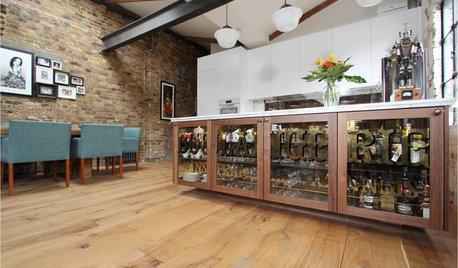
KITCHEN DESIGNA Contemporary Kitchen With French Cafe Flavor
Interior designer Tom Long gets creative with materials to build a custom kitchen with a dash of old-school French charm
Full Story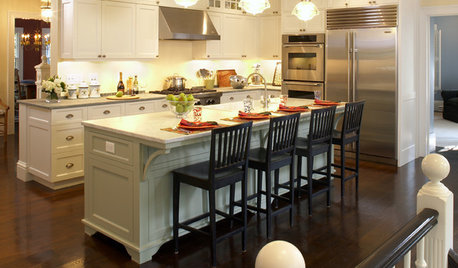
KITCHEN DESIGNKitchen Design: Bringing Restaurant Style Home
7 Ways to Add the Fun and Function of Restaurants to Your Kitchen
Full Story
HOMES AROUND THE WORLDHouzz Tour: Local Cafe Culture Inspires a Melbourne Makeover
An Australian family renovates its bungalow to connect with relatives, friends and community
Full Story
HOME OFFICES10 Ways to Work Your Work Space
The dining room, kitchen or closet can all become your dedicated home office
Full Story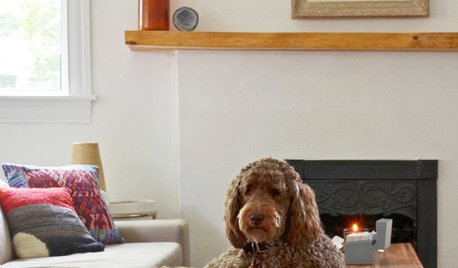
HOUZZ TOURSMy Houzz: Impulsiveness Works for Work-at-Home Texans
Handmade furniture, impulse buys and hand-me-downs mix beautifully in the home of two wedding photographers
Full Story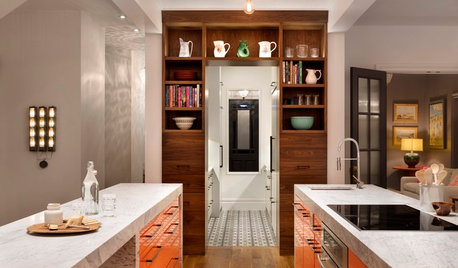
KITCHEN DESIGNChef's Kitchen Works Hard Yet Stays Pretty
A butler's pantry complete with refrigerator and dishwasher helps a restaurateur contain the mess when cooking and entertaining at home
Full Story
COLORExterior Color of the Week: 5 Ways to Make Orange Work for You
Whether you opt for a little or a lot, bold orange will bring drama to your home
Full Story
WORKING WITH PROSWorking With Pros: When You Just Need a Little Design Guidance
Save money with a design consultation for the big picture or specific details
Full Story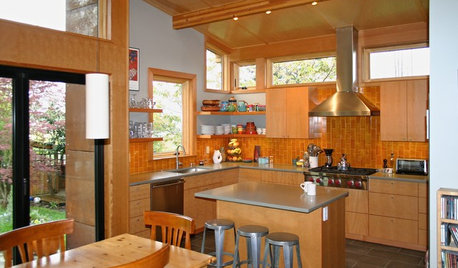
CONTRACTOR TIPS10 Things to Discuss With Your Contractor Before Work Starts
Have a meeting a week before hammers and shovels fly to make sure everyone’s on the same page
Full StorySponsored
Columbus Area's Luxury Design Build Firm | 17x Best of Houzz Winner!





stir_fryi SE Mich
gardenguru1950
Related Discussions
How did Orchiata bark in Gritty Mix work out for those who tried?
Q
Hawaii ideas from those of you who have been there?
Q
A question for those of you who work in the field of horticulture
Q
Questions for those who work-out at home
Q
Lars
polarprincessOriginal Author
colleenoz
loves2cook4six
sheesh
triciae
annie1992
kathleenca
annie1992
beanthere_dunthat
polarprincessOriginal Author
coconut_nj
polarprincessOriginal Author
coconut_nj
michaelmaxp
michaelmaxp
sheesh
gardenguru1950
mtnester
annie1992
teresa_nc7
gardenguru1950
triciae
sheesh
sheesh
michaelmaxp
gardenguru1950
triciae
michaelmaxp
annie1992
michaelmaxp
annie1992
polarprincessOriginal Author